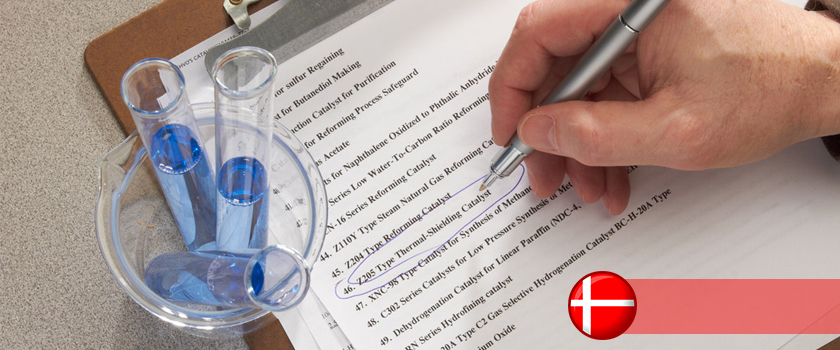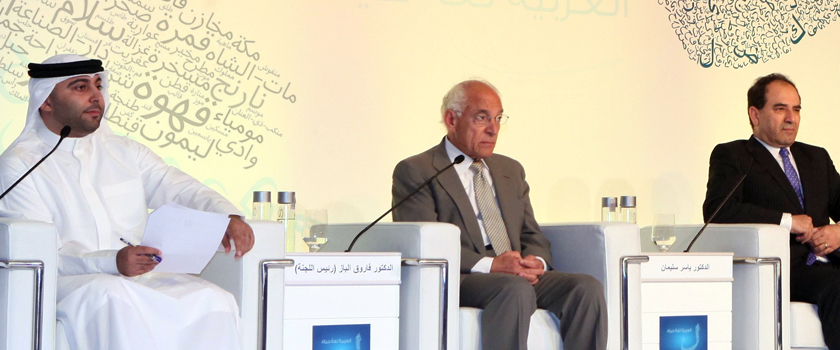2025 Offer Request a Quote Today and Grab a $50 Coupon for Free!
On March 3rd, the world celebrates World Wildlife Day. To commemorate this day, one important industry needs to be mentioned and that is the field of veterinary translation services. Biomedical sciences demand the highest level of expertise in the domain of scientific translation. In recent times we have seen that veterinary medicine has catapulted a lot of scientific focus. Professional experts in the field of Veterinary Medicine have taken a keen interest in veterinary translation.
They believe that people who usually interact with animals are not always of the highest scientific caliber. Hence, they need assistance that can help them provide adequate service to the animals they’re dealing with. These may include any type of feed manufacturer, pet owners, students who are veterinary medicine professionals, and farmers.
Consequently, the market for veterinary translation has seen a large volume of documentation and information being translated into multiple languages. Internationalization has led to a free flow of knowledge pertaining to different services and products of animal care.
There is no doubt that we are seeing an increase in technology that is enabling the amelioration of healthcare related to animals. This is not just pertain to the wildlife
The fact that the majority of animals are kept by human beings as pets is the reason why veterinary translations have become so important in today’s age.

With the evolution of technology, we have seen that human healthcare has developed a lot. Similarly, technology has also helped veterinary healthcare as well. Any sort of new technological update or endeavor has enhanced the treatment of animals.
Appointments can be made on time with the owners of the pets and most importantly, the process, which involves the exchanging of information pertaining to the animals between the keeper and the Whitner Aryan, becomes more efficient.
Veterinary translation is a very important domain. Since it is a technical domain, it requires innovation that does not jeopardize the intricacies of the context. One important thing in veterinary translations is to ensure that pet owners are able to understand the technical terminologies and the jargon when it comes to treating their pets.
Therefore, the user guides and user manuals that are to be translated into the target language of the audience have to go through professional translators who not only understand the technical terminologies but also understand the target market and how the audience will perceive it.
It is mere decency, to treat animals the same way humans are treated.
Whenever an animal is treated, there are certain instructions that need to be given to the veterinarian, especially if it is in another language.
If the veterinarian is unable to explain the treatment of the animals, it may lead to the loss of cattle, sheep, or pets. Hence, the goal of veterinary translation is to ensure that assistance is given to people who are unable to understand the medium of instruction in one particular language.
Moreover, vets are not always multilingual. Because it is not part of their job description to learn multiple languages. Hence, in order to bridge that gap, the use of translation services has become more prominent.
As part of their education, veterinarians have to study a lot of documents and information for any new update that is being made in their field. Hence, if you are unable to do that, just because the language of instruction is different from the native tongue, it may cost them their job.
In order to be updated on whatever advancements are being made in the relevant field, they need to attain the services of technical LSPs.

In this industry, one may wonder what type of documents actually translated by veterinary translation services. The following list will give you an idea;
When people are working with their livestock, they have to ensure the safety of the food that is being given to them. To do that there are various hygiene and health programs established. Veterinary translation agencies take up the task of translating these programs so that the safety of food is not compromised.
Then, there are a lot of health policies constructed by the government. They also need translations.
Moreover, we have various outbreaks taking place among herds of sheep, and in order to do that risk analysis is done. Information pertaining to every risk is actually translated into various languages as well. So people around the world know how to handle such outbreaks.
Furthermore, financial reports are also translated pertaining to a veterinary region
Other documents are also handled by a language translation service. They include information pertaining to the current research that is taking place.
Moreover, outlines and results of a clinical trial that took place. And what new training material is available.

Virchow once stated that knowledge pertaining to a particular species is beneficial for the entire animal species.
The statement explores the concept of, “One Medicine”. If human beings are able to treat a disease of one particular species, the research and knowledge attained to reach that output can help other species as well. Similarly, veterinary medicine is essential for human health as well.
The relationship between animals and humans has evolved over 1000s of years and the better they are able to live together, the better It is for both of these species. Hence, veterinary scientists need to take up the responsibility that whatever they’re doing is actually helping the entire human and animal community.

Meanwhile, it is also important to improve veterinary translation as well. The world community may be integrated, but the language barrier still persists. To overcome this bridge, it’s imperative to evolve the technical translation services. Their up-gradation will help the entire community.
The best way to ameliorate the services is by incorporating machine translation software, This will help services translate a large volume of data in a short amount of time. Meanwhile, errors will be minimized and accuracy will be maintained.
As a matter of fact, recent developments in AI can potentially allow humans to communicate with animals. There is a Japanese company called “Inupathy” that has created an application installed inside a vest. And that vest is placed on a dog. Measurements are taken, and the heart rate is monitored. Every registered note indicates a certain feeling that the dog is experiencing. Hence, allowing humans to understand what their pets are thinking about.
And this is just one marvel. Scientists predict that AI will allow veterinarians to translate any medical document instantly with the use of an app. If this happens, it will be very easy for veterinarians around the world to provide adequate help to their animals.
One threat that is fatal, regardless of the geographical location, is Animal infections. States that import veterinary medicines also need the assistance of veterinary translation services.
Every veterinary medicine comes with a leaflet. And the information on it needs to be translated into the relative language of the target market. This task can only be accomplished by technical LSPs. Therefore, they need to be given due consideration. So that the quality and accuracy of the documents are not compromised.

Turkey, the country straddling eastern Europe and western Asia is one of the most advanced and rapidly developing countries of
Read more
Mumbai (formerly known as Bombay) is the largest city of India and a cosmopolitan metropolis. Located on India’s west coast,
Read more
Mars Translation believes in bringing the best side of your business forward and that is why we have multiple international
Read more
Mars Translation provides one of a kind professional Danish translation services all over the world. All of Mars Translation’s translators
Read more
Mars Translation believes in bringing the best side of your business forward and that is why we have multiple international
Read more
Informed consent is the process by which doctors provide necessary medical information to their patients so that they can agree
Read more
Pune, also known as Puna, is the second largest city in the west-central Indian state of Maharashtra. It is the
Read more
Do you have a birth certificate in another language that needs to be translated into Russian language? If so, we
Read more
Recognizing an employee award is entirely convenient. It is both a formal and an informal acknowledgement of an employer’s effort,
Read more

